New 2025 Toolkit Multiplayer Game Development
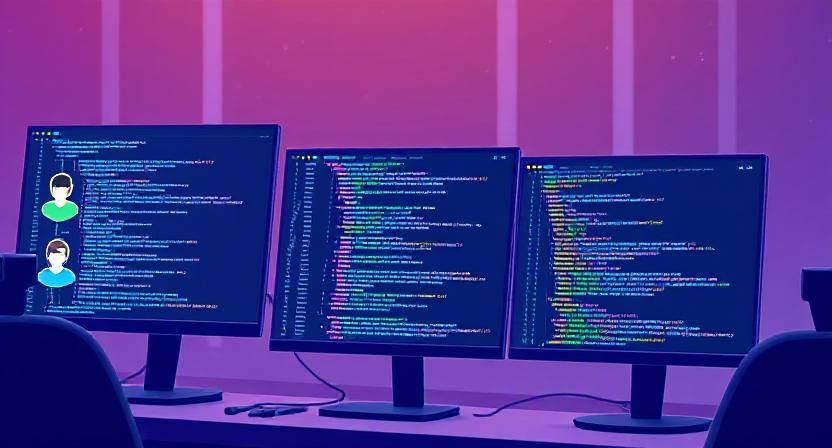
Powering Multiplayer Game Development with Next-Gen Collaborative Toolkits In today’s globalized game industry teams are often spread across continents. Therefore effective collaboration isn’t just nice...
⏱️ Estimated reading time: 3 min
Latest News
Powering Multiplayer Game Development with Next-Gen Collaborative Toolkits
In today’s globalized game industry teams are often spread across continents. Therefore effective collaboration isn’t just nice to have it’s essential. Notably the latest wave of collaborative multiplayer development toolkits is transforming how studios build test and ship games together in real time. Moreover these platforms blend development art design and QA tools with seamless integration to empower remote teams like never before.
PlayCanvas Browser-Based Real-Time Multiplayer Editing
PlayCanvas is a WebGL-powered 3D engine paired with a cloud-hosted editor that supports simultaneous real-time collaboration akin to Google Docs for games. Team members can edit scenes assets and scripts together with zero compile time and immediate feedback .
Why it matters:
- Builds real-time warping life into collaborative design.
- Streamlines asset iteration scene testing and engine-level changes.
- Supports VR-ready game creation straight from a browser Evercast.
Ideal for agile indie teams or prototyping especially when browser-based access is a must.
Unity Collaborate & Unity Teams
Within Unity’s development ecosystem Unity Collaborate part of Unity Teams allows team members to push share and merge changes to scenes and assets easily. In addition it includes version control rollback and cloud backup all fully integrated in the editor.
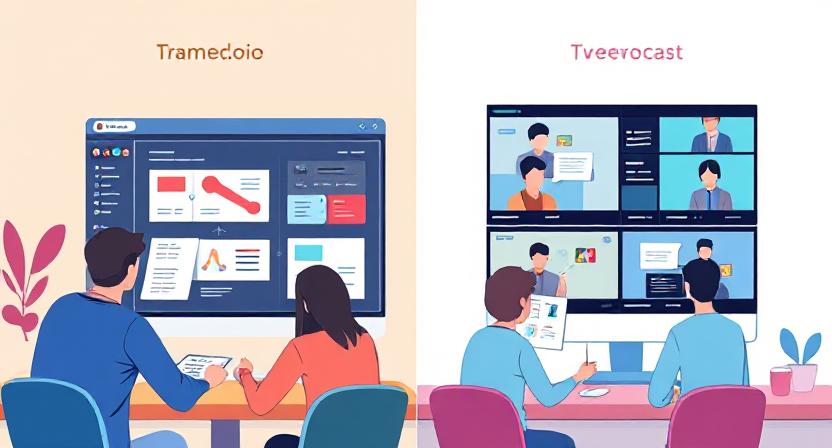
Frame.io & Evercast: Asset Review and Remote Co-Editing
Frame.io enables fast asset review with timestamped notes visual annotations and version tracking. It’s especially useful for artists animators and UI designers collaborating on builds.
Evercast on the other hand combines ultra low latency streaming with real-time face to face collaboration. Teams can conduct live editing sessions and annotate assets during game development meetings even across studios .
Parsec Remote Desktop for Playtesting and Development
Parsec offers secure low-latency remote desktop streaming perfect for live playtesting. Collaborators can join a session control gamepad input and test builds as if they were onsite.
Project Management, Communication & Asset Workflow Tools
Effective collaboration also hinges on communication and task coordination:
- Finally: Slack and Discord provide real-time chat and voice communication often integrated into project workflows.
- In addition: tools like Trello Notion Asana and Jira are widely used for task tracking backlog management and sprint planning in game projects.
- Moreover: Figma shines in collaborative UI/UX design with real-time prototyping component libraries and visual feedback crucial for maintaining consistency across art assets.
Specialized Netcode and Cloud Services for Multiplayer Sync
- Photon Fusion: Unity Netcode FishNet provide real-time synchrony rollback support and latency optimization .
- Amazon GameLift: enables backend infrastructure auto-scaling servers and matchmaking services via AWS.
- Microsoft PlayFab: delivers LiveOps cloud scripting analytics and cross-platform data management.
AI-Assisted QA and Development Tools
- AI QA Copilot: Integrates with Unity and Unreal to automatically detect bugs, generate QA reports and learn from feedback improving efficiency and coverage by up to 25%.
Experimental AI Game Development GameGPT
GameGPT is an academic framework that uses multiple AI agents LLMs for orchestrating tasks like planning coding and implementation in collaborative game development. It proposes layered and decoupled agent models to reduce hallucination and redundancy during content generation.
Related Posts
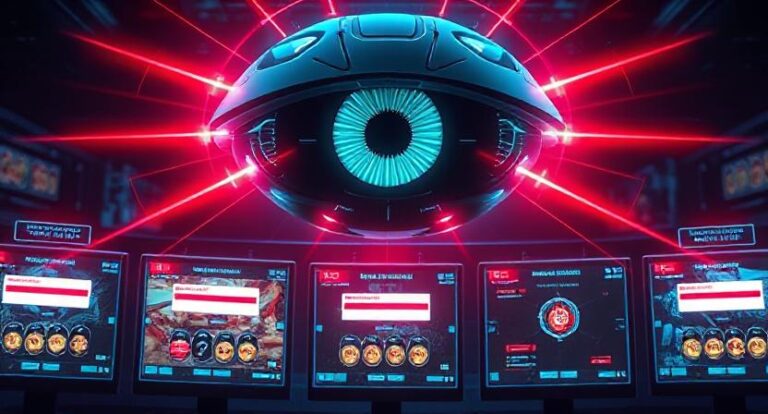
AI Agents Monitor In-Game Behavior to Prevent Fraud
How AI Agents Detect Fraudulent Behavior Tackling a Growing Concern in Competitive Game Development The...
September 23, 2025
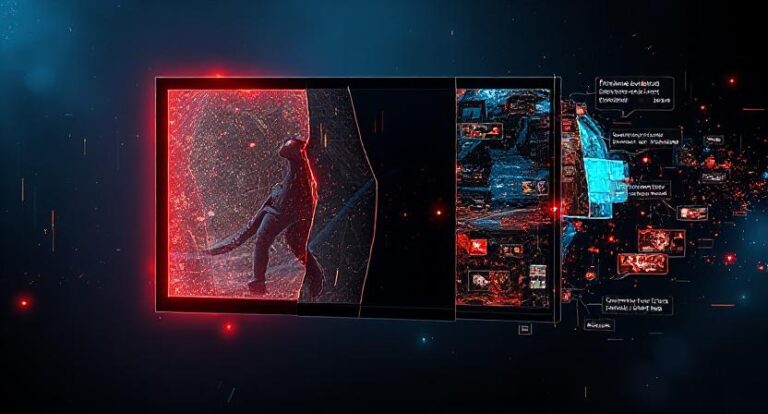
Interactive Generative Video Game Future Tech
Interactive Generative Video Debunking Myths The gaming industry has always evolved by embracing disruptive technologies....
September 1, 2025
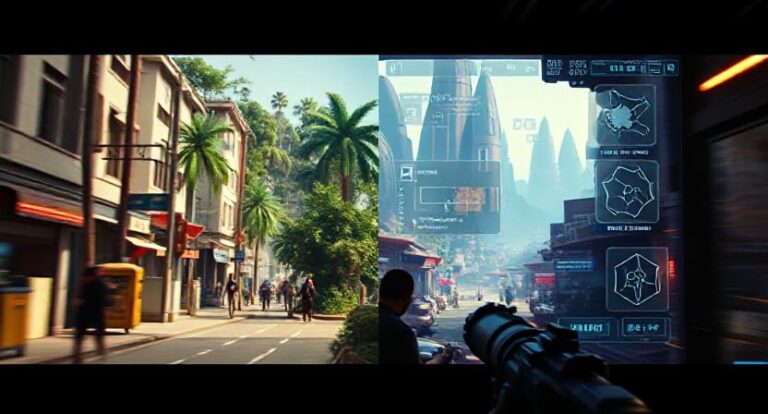
AI‑Powered Video Engines in New Game Engine Era
Interactive Generative Video: The Future of Game Engines? Conventional game engines rely on prebuilt assets...
August 2, 2025










Leave a Reply